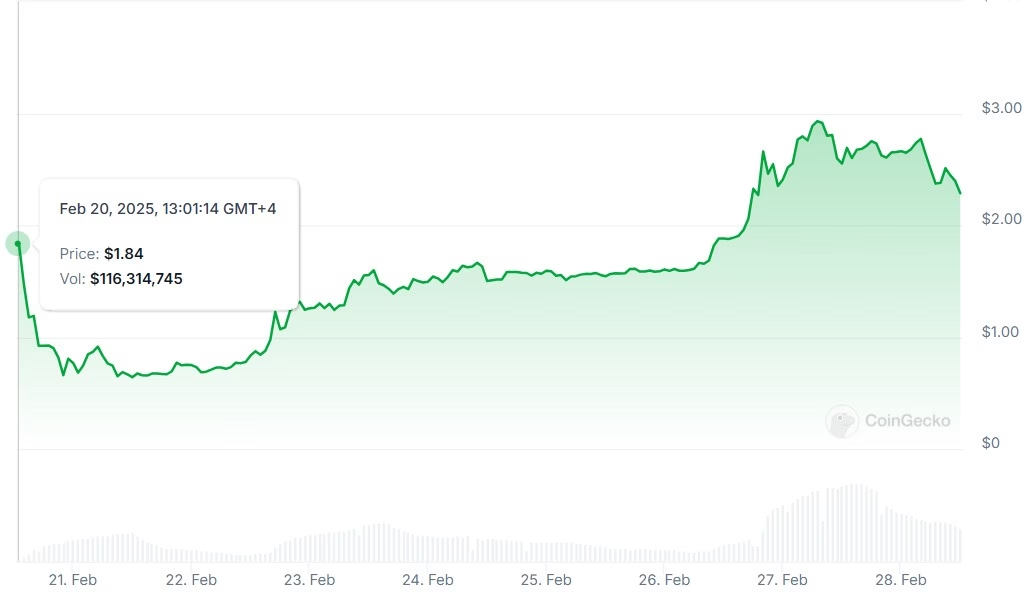Pi Network has responded to a controversy triggered by a post from Bybit CEO Ben Zhou challenging the project’s legitimacy and accusing it of being a scam.
On Feb. 20, an X account describing itself as the “unofficial technical team” of Pi Network alleged that the project had rejected a listing offer from the crypto exchange and that Bybit was “losing its position” in the market.
Responding to the provocation, Zhou accused Pi Network of being a “scam,” citing a 2023 report from Chinese authorities warning users of a project targeting the elderly. “Yes, I still think you are a scam, and no, Bybit will not list scam,” Zhou wrote.
Zhou also stated that Bybit had never submitted a listing request to Pi Network and challenged the project to prove its legitimacy by addressing previous reports that questioned its operations.
Bybit did not submit a listing request to Pi Network
In a statement to Cointelegraph, a Pi Network spokesperson denied any relationship between the company and Bybit and confirmed that Bybit had not requested a Know Your Business (KYB) verification, in which external businesses are reviewed to ensure that ecosystem transactions occur between verified participants.
The spokesperson confirmed Zhou’s statement, saying Pi Network “has not been asked to KYB Bybit.” The company also clarified that there’s no relationship between Pi Network, Bybit or its CEO.
The company added that it’s not affiliated with the X account that provoked Zhou. “Mr. Zhou’s posts regarding Pi Network appear to have been in response to posts made by an individual unaffiliated with Pi Network,” the spokesperson told Cointelegraph.
Zhou’s social media post was followed by a drop in Pi Network (PI) prices. On Feb. 20, the token went from a high of $1.84 to a low of $0.61. However, the token surged in the following days, reaching a new all-time high of $2.99 on Feb. 26.
Pi Network price chart. Source: CoinGecko
Related: Bybit lifts curtain on liquidation data following underestimated figures
Pi Network addresses police warning and user base inflation claims
Pi Network also responded to Chinese police warnings referenced by Zhou, claiming that the reports involved fraudulent actors impersonating Pi Network rather than the company itself:
“To be abundantly clear and to avoid any ambiguity, Pi Network is not affiliated with, did not authorize, and did not engage in any activity that is related to the police warning, and Pi Network has…
Click Here to Read the Full Original Article at Cointelegraph.com News…
